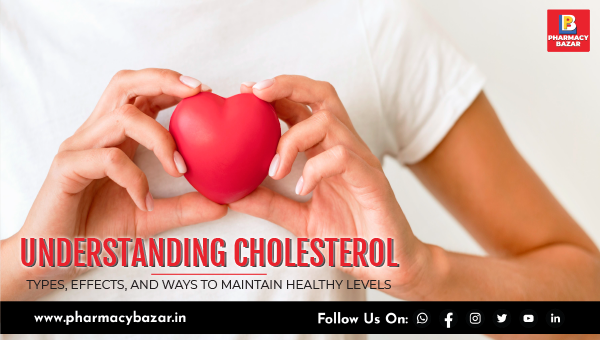UNDERSTANDING CHOLESTEROL
May 10, 2023
What is Cholesterol?
Cholesterol is a waxy substance that is found in the body and is necessary for the production of hormones, vitamin D, and digestive enzymes. It is carried throughout the body by lipoproteins, which are made up of both proteins and fats.
There are two main types of lipoproteins that transport cholesterol in the body: low-density lipoprotein (LDL) and high-density lipoprotein (HDL). LDL is often referred to as "bad" cholesterol because high levels of it can increase the risk of heart disease and stroke. HDL, on the other hand, is often called "good" cholesterol because it helps remove excess cholesterol from the bloodstream and reduces the risk of heart disease.
Cholesterol levels can change in the body due to a variety of factors, including:
Diet: Consuming a diet high in saturated and trans fats can increase LDL cholesterol levels in the body.
Exercise: Regular physical activity can help increase HDL cholesterol levels and lower LDL cholesterol levels.
Genetics: Familial hypercholesterolemia is an inherited condition that can cause high levels of LDL cholesterol in the body.
Age and gender: Cholesterol levels tend to increase with age and are generally higher in men than in women before menopause.
Weight: Being overweight or obese can increase LDL cholesterol levels and decrease HDL cholesterol levels.
Medications: Certain medications, such as statins, can lower cholesterol levels in the body.
There are several ways to reduce cholesterol levels and maintain a healthy cholesterol level. These include:
Eating a healthy diet: A diet rich in fruits, vegetables, whole grains, and lean proteins can help reduce LDL cholesterol levels in the body. Limiting foods high in saturated and trans fats, such as fried foods, processed snacks, and fatty meats, can also help.
Exercising regularly: Physical activity can help increase HDL cholesterol levels and lower LDL cholesterol levels. Aim for at least 30 minutes of moderate intensity exercise most days of the week.
Quitting smoking: Smoking can lower HDL cholesterol levels and increase the risk of heart disease. Quitting smoking can help improve cholesterol levels and overall health.
Maintaining a healthy weight: Being overweight or obese can increase LDL cholesterol levels and decrease HDL cholesterol levels. Losing weight through a healthy diet and regular exercise can help improve cholesterol levels.
Taking medication: If lifestyle changes alone are not enough to maintain healthy cholesterol levels, your doctor may prescribe medication, such as statins, to help lower LDL cholesterol levels.
High cholesterol levels in the blood can increase the risk of developing several diseases, including:
Heart disease: High levels of LDL cholesterol can cause plaque to build up in the arteries, which can lead to atherosclerosis and increase the risk of heart disease, heart attack, and stroke.
Peripheral artery disease (PAD): PAD occurs when plaque builds up in the arteries that carry blood to the limbs, which can cause pain, numbness, and other symptoms.
Gallstones: Excess cholesterol in the bile can lead to the formation of gallstones.
Non-alcoholic fatty liver disease (NAFLD): NAFLD occurs when excess fat builds up in the liver, and high levels of cholesterol and triglycerides in the blood can contribute to its development.
Type 2 diabetes: High levels of LDL cholesterol and triglycerides in the blood can increase the risk of developing type 2 diabetes.
It's important to keep cholesterol levels within a healthy range, as high levels of LDL and low levels of HDL can increase the risk of developing heart disease. A healthy diet, regular exercise, and avoiding smoking can help maintain healthy cholesterol levels. Regular cholesterol screenings can help identify any imbalances in cholesterol levels, and your doctor can provide guidance on how to maintain healthy cholesterol levels through lifestyle changes and, if necessary, medication.
In conclusion, cholesterol is an essential substance in the body that plays a vital role in hormone production, vitamin D synthesis, and digestion. However, high levels of LDL cholesterol can increase the risk of heart disease, stroke, and other related conditions, while HDL cholesterol can help reduce the risk of these diseases. Diet, exercise, genetics, age, weight, and medication can all affect cholesterol levels in the body. Maintaining a healthy diet, regular exercise, quitting smoking, maintaining a healthy weight, and taking medication if necessary are ways to reduce cholesterol levels and maintain a healthy balance. Regular cholesterol screenings and consultation with a doctor can help identify imbalances and provide guidance on maintaining healthy cholesterol levels.
DISCLAIMER: This article is the property of Pharmacy Bazar and is protected by copyright laws. The information provided in this article is for educational and informational purposes only and is not intended to be a substitute for professional medical advice, diagnosis, or treatment. Always seek the advice of a qualified healthcare provider with any questions you may have regarding a medical condition. Never disregard professional medical advice or delay in seeking it because of something you have read in this article. The author and publisher of this article do not endorse any specific treatments, procedures, or products mentioned in this article.
Recent Post
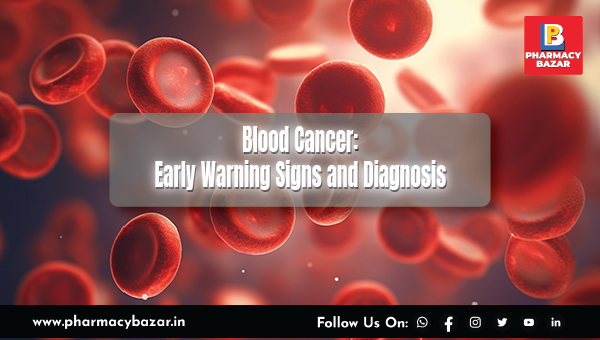
Blood Cancer: Early Warning Signs and Diagnosis
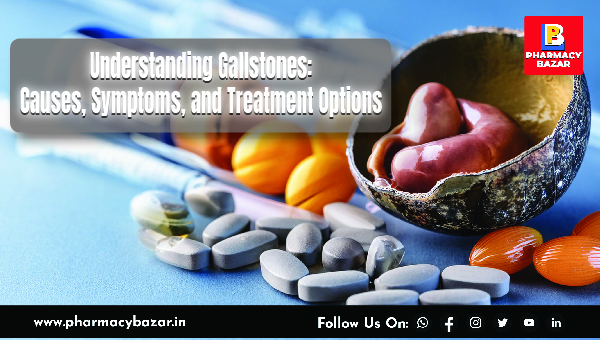
Understanding Gallstones: Causes, Symptoms, and Treatment Options
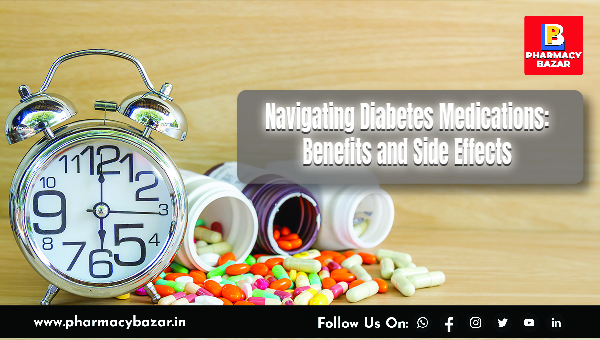
Navigating Diabetes Medications: Benefits and Side Effects

Revolutionizing Cancer Treatment: How Unleashing T Cells' Energy Could Transform Immunotherapy

The Power of Lower Back Stretches: Benefits and Best Yoga Asanas for a Healthy Spine

8 Health Conditions That Could Be Due to Magnesium Deficiency

Unlocking Brain Health: How Lifestyle Choices Impact Cognitive Functions

When Speech Takes a Surprising Turn: Unraveling Foreign Accent Syndrome

The Optimal Time to Take Your Vitamin D Supplement: Insights and Best Practices
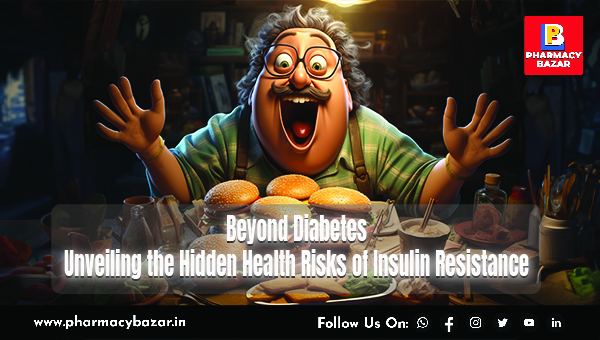
Beyond Diabetes: Unveiling the Hidden Health Risks of Insulin Resistance

